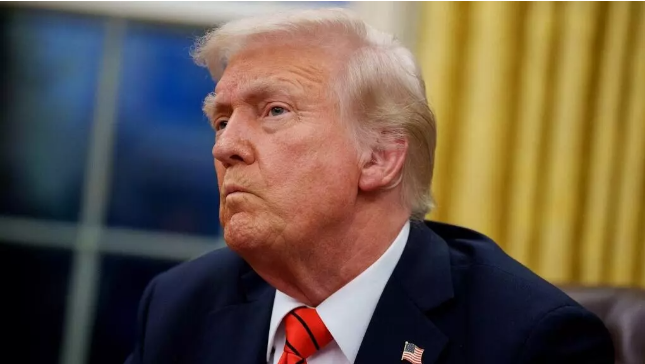Washington, D.C. – President Donald Trump’s recent decision to freeze nearly all U.S. foreign aid for 90 days has led to significant disruptions in essential services across Sub-Saharan Africa. The suspension, intended to review spending by the U.S. Agency for International Development (USAID), has halted funding for numerous health and development programs, leaving countries like Ghana and South Sudan grappling with severe consequences.
In Ghana, the aid freeze has resulted in a $156 million funding gap, critically affecting healthcare services. Programs providing HIV/AIDS treatment, malaria prevention, and maternal health services have been suspended, leading to concerns about increased disease transmission and mortality rates. The President’s Emergency Plan for AIDS Relief (PEPFAR), which supports over 20 million people globally, has been particularly impacted, with clinics closing and health workers being laid off. This disruption jeopardizes the treatment of millions living with HIV, especially in countries heavily reliant on U.S. assistance.
Beyond health services, the funding suspension has stalled various development projects, including infrastructure improvements and educational initiatives. In South Sudan, for example, local aid groups have been forced to cease operations due to the sudden loss of funding, exacerbating the country’s humanitarian crisis. The freeze has also led to the suspension of food aid programs, leaving vulnerable populations at increased risk of malnutrition and food insecurity.
In response to the crisis, Ghana’s President has directed the finance minister to urgently address the funding shortfall. However, identifying alternative resources in a timely manner remains a significant challenge. International organizations and local NGOs are calling for immediate action to resume aid, emphasizing that prolonged suspension could lead to a resurgence of preventable diseases and undermine years of progress in public health and development.
The suspension of USAID funding has not only affected health programs but also disrupted supply chains for medical supplies, leaving essential goods like oxygen tanks and tuberculosis medications stranded in warehouses. This situation underscores the interconnectedness of global health systems and the far-reaching impact of U.S. foreign aid policies.

